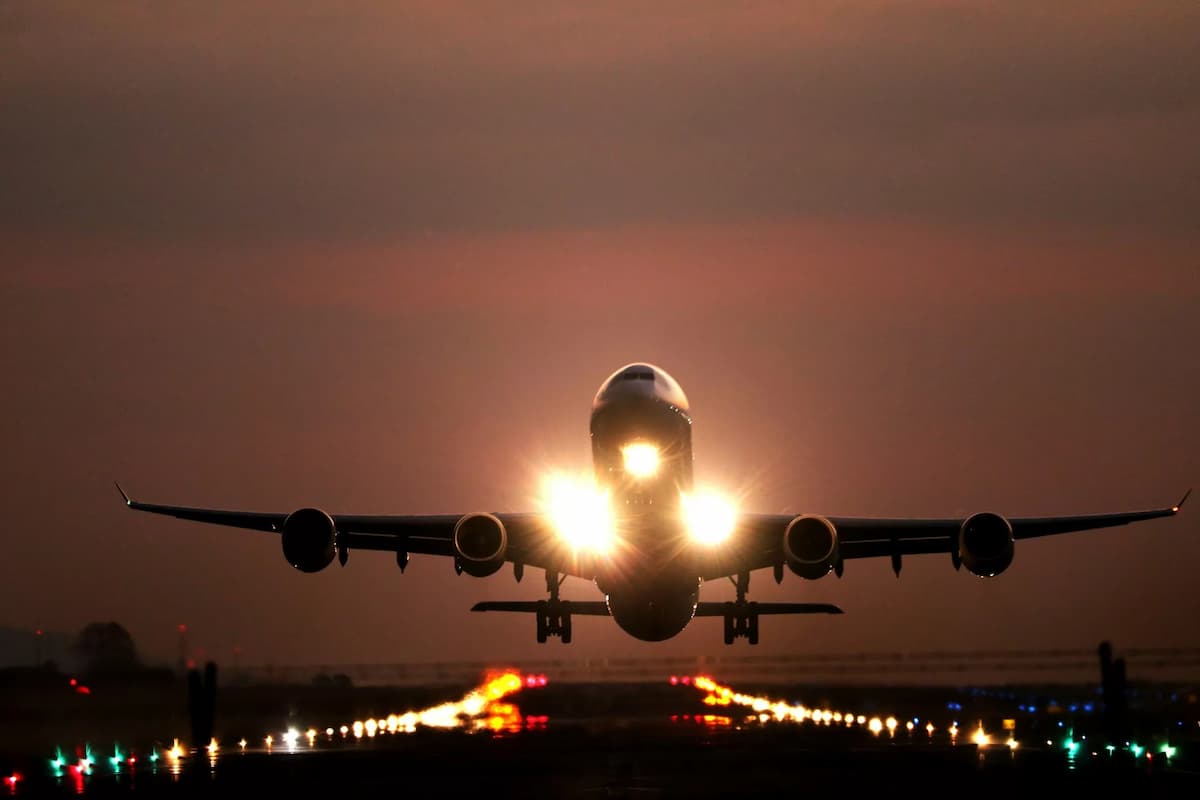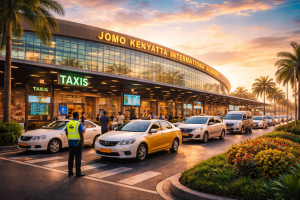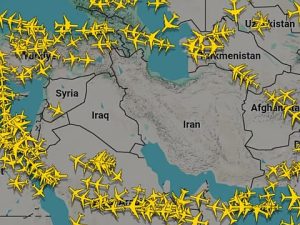The aviation industry experienced a dynamic start to 2024, grappling with a multitude of challenges and opportunities. Despite ongoing post-pandemic hurdles, the airline sector sustained its recovery momentum this year, witnessing a resurgence in passenger demand.
Africa witnessed a 6% increase in available seats, rising from 15.1 million in May 2023 to 15.9 million in May 2024, attributed to by the introduction of new routes and increased flight frequencies. During the same period, ASKs (Available Seat Kilometers) surpassed May 2023 levels by 12%.
African carriers accounted for 48.7% of the international capacity and 35.4% of the intercontinental capacity.
AFRAA projects a 15% rise in passenger traffic for African carriers in 2024 compared to 2023. Regarding capacity allocation between African and non-African operators on International routes (regional and intercontinental), AFRAA estimates a split of 51.3% and 48.7%, respectively. However, in regards to intercontinental routes, Africa accounts for only 35.4% of capacity, with non-African operators holding the majority share at 64.6%.
In this season, intra-Africa connectivity surged across regions, with major hubs such as Addis Ababa, Nairobi, Abidjan, and Lome witnessing a notable uptick in connectivity.
African airlines are experiencing enhanced revenue performance, following the growth in traffic. AFRAA’s estimate shows operating revenue for March 2024 at US$1.74 billion, a significant increase from US$1.39 billion in March 2023, marking a 26% growth.
Global price of Jet A1 continues to fluctuate from week to week. The global average jet A1 price ended the week of 24th May 2024 down 0.7% at $99.85/bbl.
REGULATORY/INDUSTRY AFFAIRS
In Nigeria, the Nigerian Aviation Handling Company (NAHCO) has raised concerns over the detrimental impact of excessive airline taxes, which have made Nigerian airports some of the most expensive globally for foreign airlines to operate.
Egypt is making strides towards sustainable aviation with the Egyptian Petrochemicals Holding planning to launch the country’s first sustainable aviation fuels (SAF) production facility by 2025.
In Kenya, the Kenya Civil Aviation Authority (KCAA) is leading efforts to validate draft aviation regulations aimed at enhancing safety and efficiency, with active stakeholder consultation. However, the Kenyan government’s proposed Finance Bill 2024, which includes VAT on aviation equipment and supplies, is causing concern as it deviates from global best practices where aviation is typically VAT-exempt.
In South Africa, the clarification received on the Broad-Based Black Economic Empowerment (B-BBEE) Act is that the Act is targeted at enhancing and encouraging procurement of goods and services from B-BBEE compliant companies and the requirement to have foreign operators to be B-BBEE certified is impractical. Foreign operators in South Africa are encouraged to seek further clarification with the BEE Chambers on applicability to their respective airline. Additionally, the Department of Forestry, Fisheries, and the Environment is reviewing aviation meteorological service tariffs for the next three years, with new rates effective from April 2024 to March 2027.
In the United States, major airlines are challenging a new regulation by the US Department of Transportation (DOT) that mandates upfront disclosure of ancillary airline fees. This rule aims to enhance transparency for consumers regarding additional travel charges.
Singapore Airlines has revised its seatbelt and meal service policies following fatal turbulence. Hot meal service will now be suspended when the seatbelt sign is on, and cabin crew will ensure all items and equipment are secured during poor weather conditions.
The latest report on Blocked Funds is that Nigeria has settled and released all funds that had been blocked in Nigeria to the airline operators.
Source: Airspace-Africa






